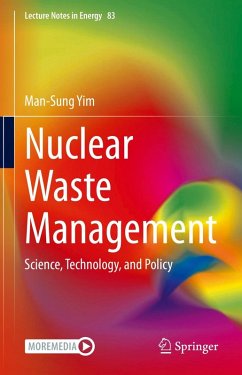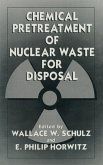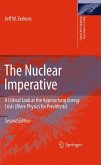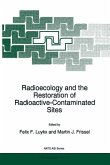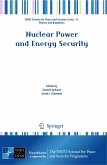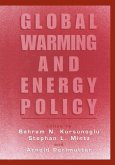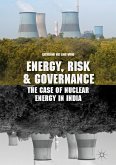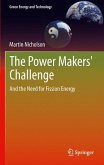This book lays a comprehensive foundation for addressing the issue of safety in the lifecycle of nuclear waste. With the focus on the fundamental principles, the book covers key technical approaches to safety in the management of spent nuclear fuel, reprocessed high-level waste, low-level waste, and decommissioning wastes. Behaviors of nuclear waste in natural and engineered systems in relation to safety assessment are also described through the explanation of fundamental processes. For any country involved with the use of nuclear power, nuclear waste management is a topic of grave importance. Although many countries have heavily invested in nuclear waste management, having a successful national program still remains a major challenge. This book offers substantial guidance for those seeking solutions to these problems. As the problem of nuclear waste management is largely influenced by social factors, the connection between technical and social issues in nuclear waste management is also discussed. The book is a core text for advanced students in nuclear and environmental engineering, and a valuable reference for those working in nuclear engineering and related areas.
Dieser Download kann aus rechtlichen Gründen nur mit Rechnungsadresse in A, B, BG, CY, CZ, D, DK, EW, E, FIN, F, GR, HR, H, IRL, I, LT, L, LR, M, NL, PL, P, R, S, SLO, SK ausgeliefert werden.

